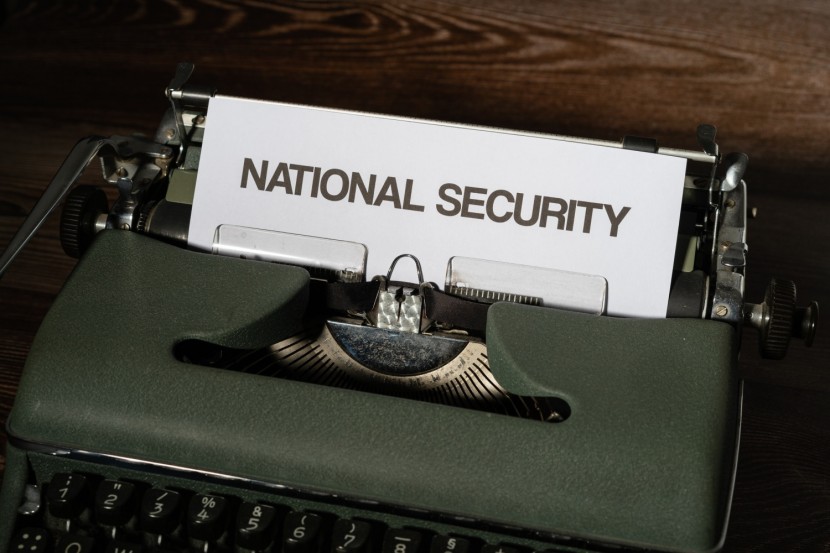
Former CIA hacker Joshua Schulte has denied allegations after he has been convicted of perpetrating the largest data leak in the history of the agency,
The former agent allegedly stole data from the CIA's "Vault 7" cyber-warfare tools and sent them to the whistle-blowing platform, Wikileaks. The leak, which occurred in 2017, included some 8,761 documents that revealed how intelligence officers hacked smartphones overseas and turned them into listening devices.
CIA Data Leak
Prosecutors said that the leak was one of the most "brazen" in the history of the United States, with the U.S. attorney for the Southern District of New York, Damian Williams, adding that Schulte's actions had a "devastating effect on our intelligence community."
The defendant, who represented himself at the trial in Manhattan federal court, now faces up to decades of imprisonment. Furthermore, he faces a separate trial on charges of possessing images and videos of child abuse, to which he had pleaded not guilty.
After Schulte joined the CIA in 2010, he quickly achieved the organization's highest security clearance. He later went on to work at the agency's headquarters in Langley, Virginia, designing a suite of programs used to hack computers, iPhones, Android phones, and even smart TVs, as per BBC.
In 2016, prosecutors alleged that the suspect transmitted the stolen information to Wikileaks and then lied to Federal Bureau of Investigation (FBI) agents about his role in the leak. They also argued that he was seemingly motivated by anger over a workplace dispute where his employer ignored his complaints.
The defendant had been struggling to meet deadlines and Assistant U.S. Attorney Michael Lockard said one of his projects was so far behind schedule that he had earned the nickname "Drifting Deadline."
According to CNN, Schulte had access to "some of the country's most valuable intelligence-gathering cyber tools used to battle terrorist organizations and other malign influences around the globe," said Williams.
Intelligence-Gathering Cyber Tools
He added that when the defendant started to harbor resentment towards the CIA, he covertly collected those tools and sent them to Wikileaks, which made some of the agency's most critical intelligence tools known to the public, and therefore, their adversaries.
Another instance that Schulte became enraged about, investigators allege, is when CIA officials wanted to hire a contractor to build a cyber tool similar to the one that he was building. A year after the defendant quit the CIA, Wikileaks published the first installment of its Vault 7 leaks, which originated from two programs that Schulte had access to, based on court records.
In a news release, Wikileaks said that the data is put out was provided to it by an anonymous source who wanted to raise policy questions, specifically about whether or not the CIA had overstepped its hacking capabilities and exceeded its authority.
Schulte also argued at his most recent trial that he was being made a scapegoat for the CIA's own failings. A lawyer who represented the defendant at an earlier trial, Sabrina P. Shroff, declined to comment on the verdict on Wednesday, the New York Times reported.
Related Article:








